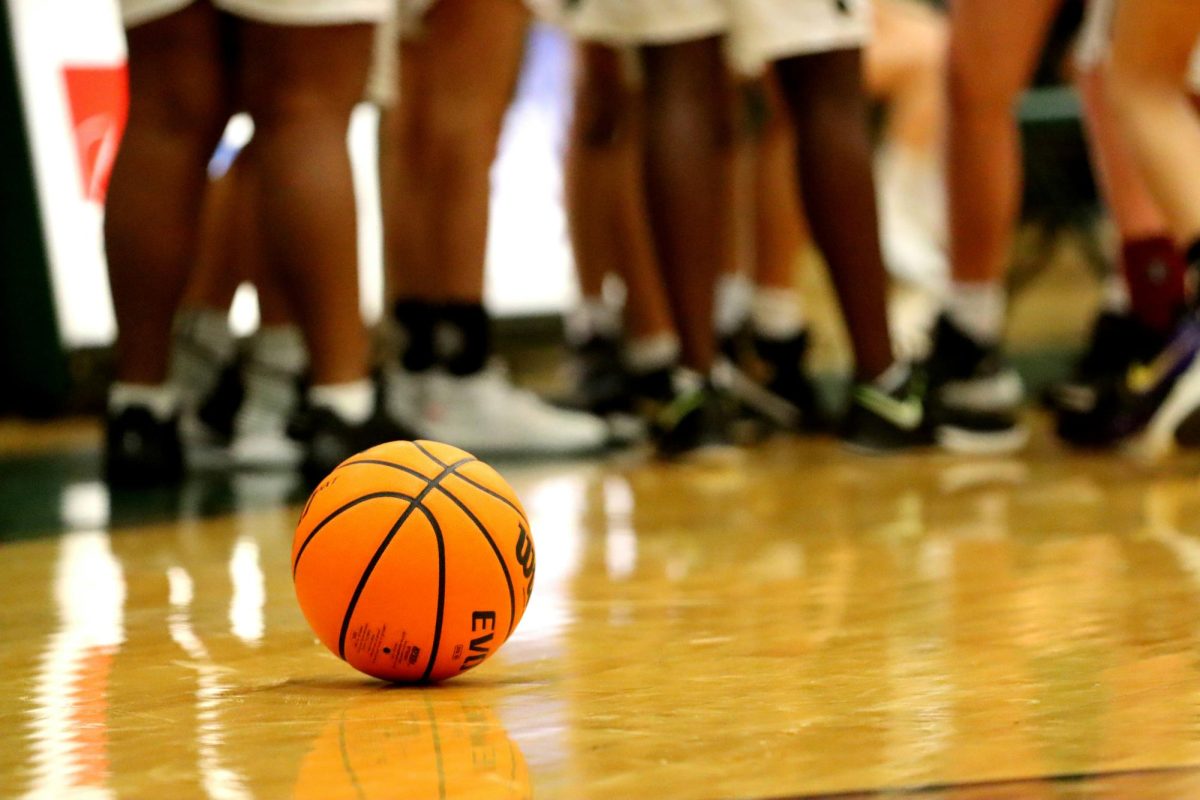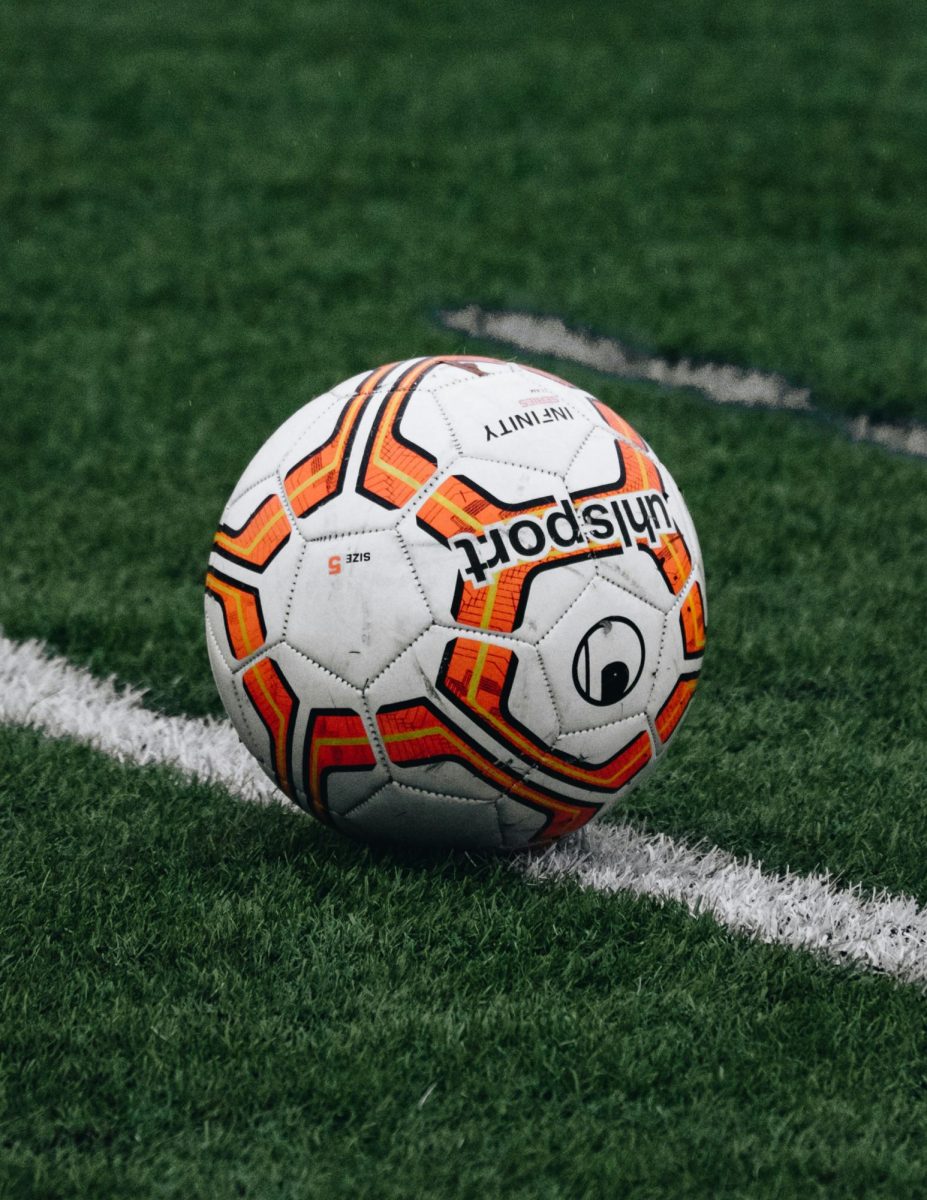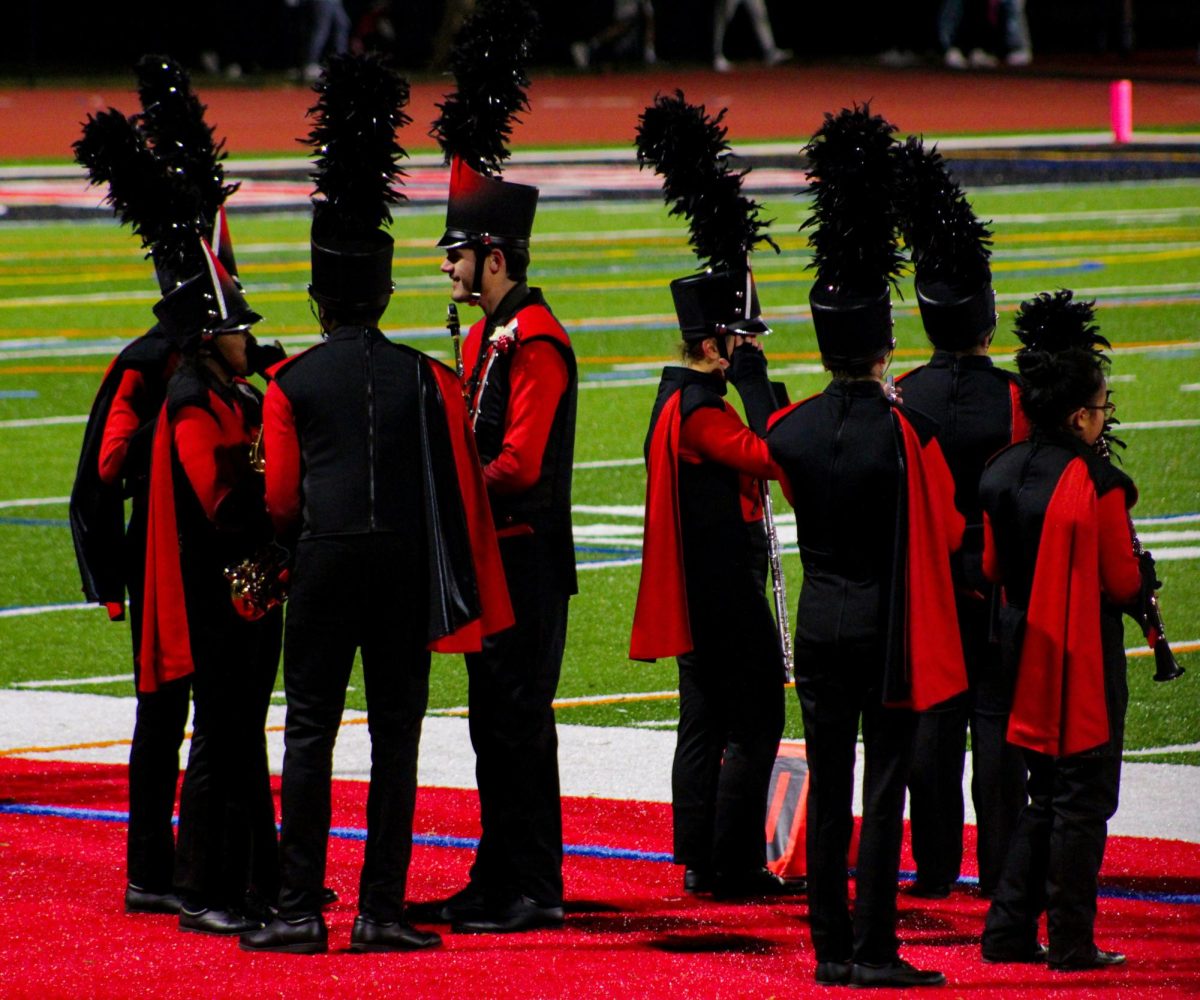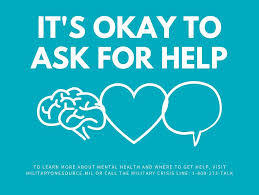Stress and Poor Mental Well-being Associated with Sports
April 10, 2023
People often struggle to know what it truly means to be an athlete. People believe it is showing up and playing the sport you’ve trained for. People believe it is how you live, your love for movement, and your lifestyle. When you look into it you would think the physical side would be the most challenging, and it is one of the obstacles that athletes face. Diving into the topic of the mental health risks associated with joining a sport one finds that 38% of women in sports struggle with mental health issues, and 22% of males struggle. So, while sports are a major part of an athlete’s life, sometimes there is a bigger pain than the physical pain that does not have the awareness it should.
When we move our bodies they release endorphins and produce hormones that make our minds feel good. Athletes are exposed to these positive bodily reactions to this all the time when it comes to training and playing their sports. But, this will not solve all the anxiety and worry participating in a sport can cause. Pressure to perform well is the biggest challenge athletes face, and for student-athletes that can be a lot worse.
If you play a sport here at GHS then you are a student-athlete. Trying to maintain over a 2.0 so you can continue participating in your sport. Your studies should come before the sports, but with the constant pressure to perform well, working hard in practice is necessary. By the time you get home, it is exhausting and there is no energy left to complete anything. Then the pressure of getting your homework done on time comes into play and creates added pressure.
The number one cause of this anxiety in athletes is injuries. The stress of not knowing when you will get back to playing. Concussion-related sports injuries can be way more stressful than any other injury. Lasting headaches make it hard to get through the day and look at screens for long periods of time. Concussions injuries can also take a long time to be cleared. Mid seasons injuries cause stress because of the timeliness of the injury. Being in a good place mid-season and then getting an injury can lead to anxiety and depression. People also have to worry about their future in athletics, receiving an injury in a sport could affect the amount of scholarship funding you receive or even what colleges you get into.
Everyone in sports, no matter what level, can struggle with mental health. Studies show that college athletes in particular experience the highest amount of stress and crippling fatigue. In an NCAA study athletes were questioned on their mental state around the time their sport was in season. The study found that 30 percent of athletes feel extremely overwhelmed, and that 28 percent feel mentally exhausted.
Several athletes also struggle with identity after playing sports for so long. If you are thinking about playing a sport in college chances are you have been playing the sport all your life. The struggle with that is some people lose themselves when playing their sport. They feel detached from reality, as if the sport has consumed their life, and find it challenging to find their real personality again.
After college, athletes, unless they are going pro in their sport, often find it difficult to move away from the sport. Especially because it had been a part of their life for so long. Trying to detach from something one has been doing for so long and has such an extreme amount of love for can be difficult. The majority of college athletes will not venture into professional athletics, so this large absence in their life can cause some negative feelings to surface associated with this loss.
Many athletes also will not seek help during times of struggle. Symptoms of struggle are low energy, lack of sleep, and irritability. We see these the most when teammates can get under your skin. While you are playing the sport your teammates become a second family. They understand what you are going through and see the struggles that you have. But when you spend the most time with coaches and teammates you are not always going to get along sometimes. The build-up of frustration can lead to anxiety when going to practices or games. Feeling the need to constantly impress teammates and coaches can lead to a great deal of frustration and anxiety when playing too.
Stress related to coaches is a very big thing to overcome as well. Speaking from experience it is the most overwhelming thing an athlete has to deal with. It can cause no will to go to practice and even look down upon yourself, as a person and as an athlete. Coaches are supposed to build a program up and make it enjoyable. It will also cause some negative energy between players on the field which will result in some sport performance issues. If this is the issue, bring it up to someone. Talk to another coach about it and get their advice. See if your teammates feel the same way about it.
Some ways to calm these feelings down can include spending time away from the sport. Only for a little while until you start to feel like playing again. Even though it can be hard, you can try to get adequate sleep and control your sleep schedule. Always try to prevent injuries by stretching before and after practice. Since most stress is injury induced. Also, look into telling a coach or a trainer. They will understand the mental strain going on because chances are they have seen it before in other athletes. If nothing works, ask a professional and seek their experienced help.
Many athletes will try to get through this on their own because they feel as if they have to. Being an athlete is not an easy job. Just because a person is physically strong doesn’t mean that they are mentally strong, and the pressure of athletics can infiltrate a person’s mind and cause havoc. Seeking help is not weak, it only makes you stronger and could potentially even positively affect your performance in your sport!



































































